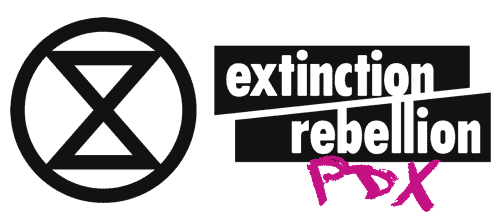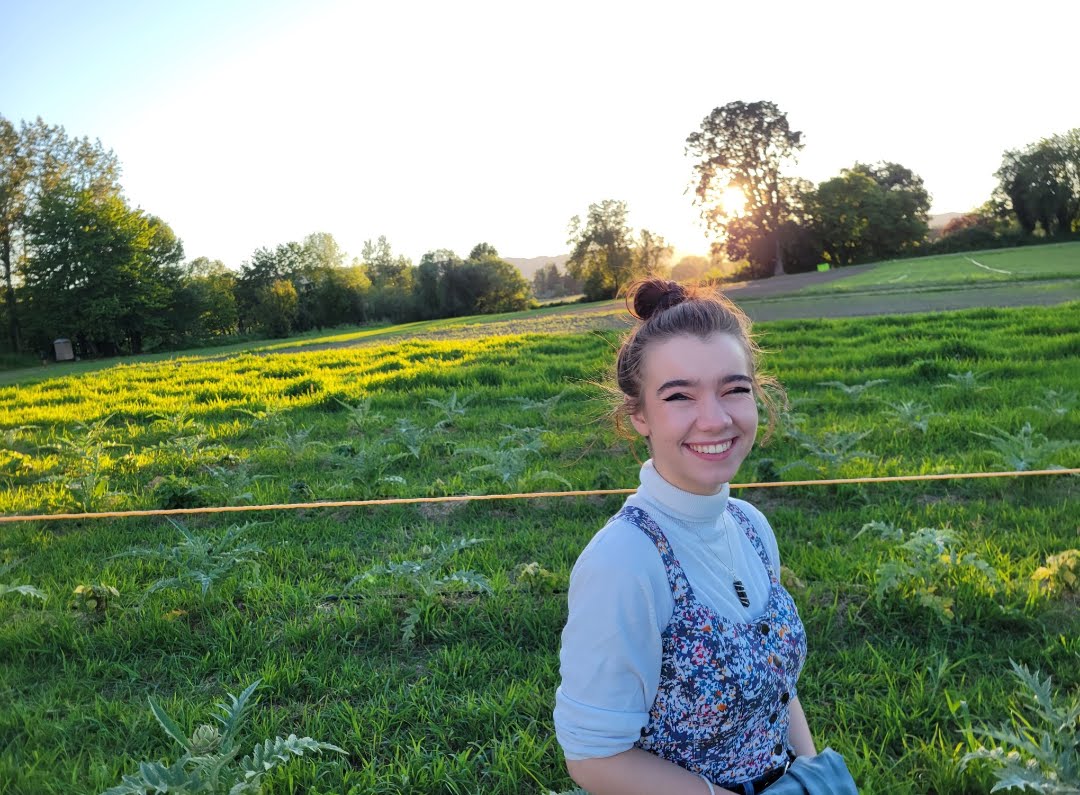When the cold in Wisconsin came, we knew this time seemed different. At nearly minus sixty degrees Fahrenheit, it was far too cold to snow with any consistency. In fact, it was too cold to walk your dog; it was too cold to breathe without the sharp air running its jagged teeth through the lining of your esophagus and lungs. Twenty-one or more people died in the 2019 Polar Vortex. I was 16.
What once didn’t seem fathomable had come to pass. The temperature swings that have hit my Midwestern childhood home, even within the past decade, provide indication of the tipping points we were once only vaguely warned about. The effects of these tipping points snowball across all ecosystems; they wreak havoc on all communities.
Climate justice may be needed now more than ever before. I’ve personally seen the impacts of the climate disaster ravage the communities I call home; I know what it’s like to watch your home die right in front of you. Increased temperature fluctuation, and the unnatural warming which ensues, encourages the collapse of freshwater ecosystems and endangers the beautiful lakes of the region. Corporate takeover of local farms encourages unsustainable agricultural practices leading to, among other things, increased methane emissions. Transition seasons have faded from barely visible to nonexistent. This shift promotes hotter, longer summers, and colder, fiercer winters. I thought it couldn’t get worse.
When I moved to Portland for undergrad, I was looking forward to perhaps more predictable weather patterns. Within my first month on campus, wildfires spread throughout the state. Six months later, an unprecedented blizzard obliterated Portlanders’ access to power and heat. That spring, I learned about Extinction Rebellion (XR) through my studies. I’d been involved in various kinds of protests, occupations, and walk-outs before, but XR intrigued me with its global network. After some research, I realized that the pillars of XR are founded in deep relationships – relationships to ourselves, one another, our communities, and the Earth itself. Through these relationships XR aims for a future of hope and sustainability. More than that however, XR itself is a narrative outlining humans’ capacity to stay strong.
At Lewis & Clark College I study sociology through a feminist framework with an emphasis on class relations. Some authors that stand out to me include Silvia Federici, Alicia Garza, Maura Kelly and Barbara Gurr, C.J Pascoe, and Patricia Hill Collins. The works of feminist sociologists and scholars encourage the reader and me, as a scholar, to study matrices of power – the interlocking forces of dominant culture that structure our lives and experiences in relation to the social identities we occupy. I extend my interest in power relations towards my interest in class structure – shoot me an email via XRPDX at info@xrpdx.org if you ever want to borrow a bit of light reading! It interests me right now to relate how hegemony constructs/reconstructs global narratives to the work I do here with XR, activism, and social change.
Extinction Rebellion, however, knows this narrative isn’t always an easy one to tell. I knew long before joining that political power and dominant culture are often at odds with the “radical” demands of climate justice organizers. Locally and abroad, climate activism and other social justice movements withstand scrutiny and ridicule, while some of its leaders are persecuted, imprisoned, and even murdered. Other times, we’re just completely ignored. We’ve seen this play out here in Portland and the whole Pacific Northwest in the City’s recent decision to grant a new LUCS to Zenith. Zenith is nothing but a temporary, corporate-money-making timebomb waiting to explode. Yet, no matter how much reasoning climate justice leaders attempt, the City Council’s “progressive” political takes ultimately do not extend towards the safety of the community or environment.
For these reasons, I chose to do my internship with the Portland chapter of Extinction Rebellion. I post to Instagram and Twitter; for me this means providing outreach through posting about our current actions, climate news from the PNW, and reposting others’ posts from all over the world. Social media links Extinction Rebellion as an global movement. I hope to engage with an online network of climate justice advocates, while engaging audiences of all backgrounds from all over the world.
XR’s narrative is composed of members who actively strive to create a future to believe in. One way XR does this that I particularly admire is through cultivating a regenerative culture. In a dominant culture that feeds off our labor, exploitation, and interpersonal competition, it is important and – frankly – radical to advocate for a culture of healing, support, and a care that extends across interpersonal and sociocultural realms.
I always knew I wanted to do work that not only gave back to local communities, but actively helped to put forth a vision of a better, realistic future. The future XR envisions is not only hospitable and inclusive, but demands self-reflection and a mass assertion of the legitimacy of climate and social justice advocates in society and politics. I admire how XR prioritizes the future in their visions. I want to say that that’s selfless, but, at my core, I think it’s just human; I strongly believe that to care, to dream, and do – that is, to construct, deconstruct, and recreate – is among the most human of qualities. To create is to care. And to care is human. And that is worth believing in.

